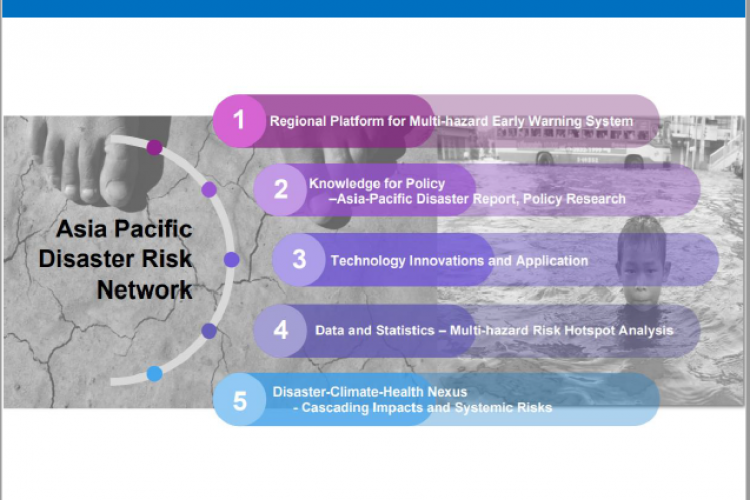Disaster-responsive social protection Policy brief for the Pacific Small Island Developing States
Social protection refers to a broad set of government transfers of income or services designed to reduce vulnerability and build resilience of individuals, households, and communities. Making social protection disaster-responsive means that current and future levels of disaster risk, projected intensity and frequency of hazards, the exposure of populations and their coping capacities should be incorporated into the review and design of all social protection programmes.



